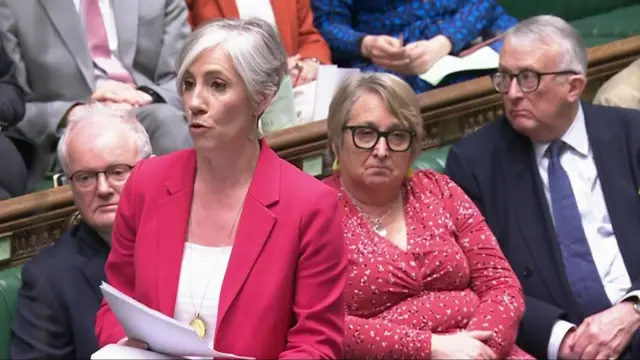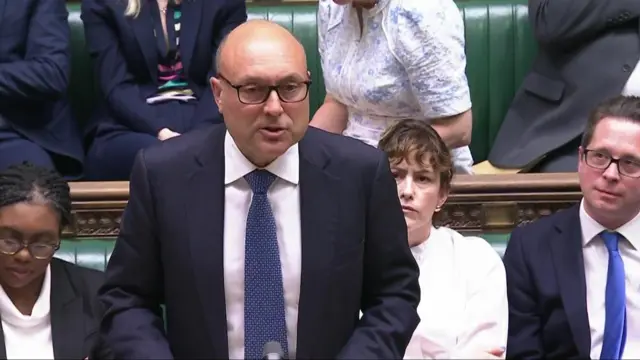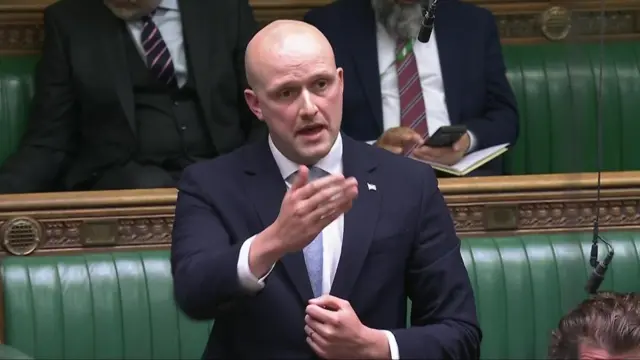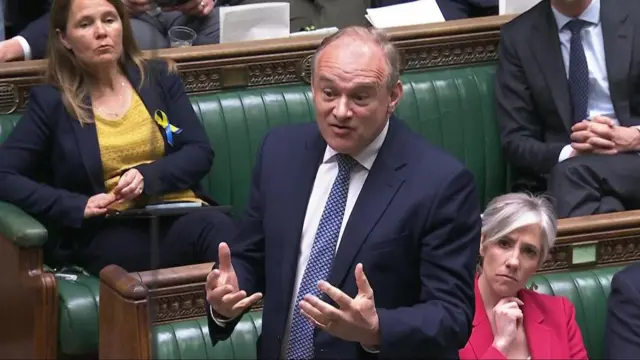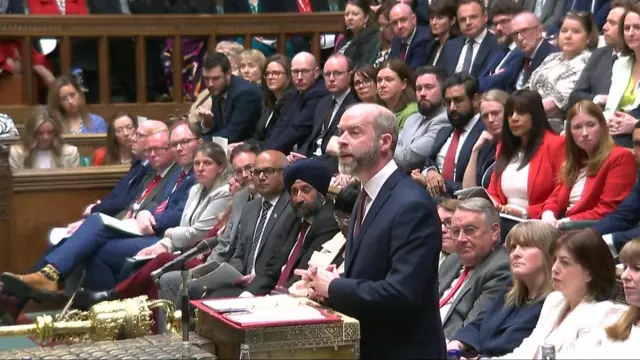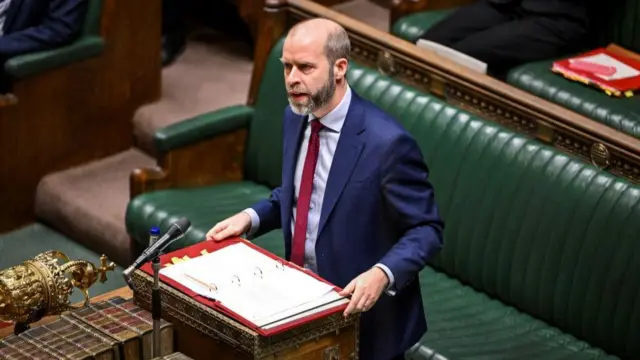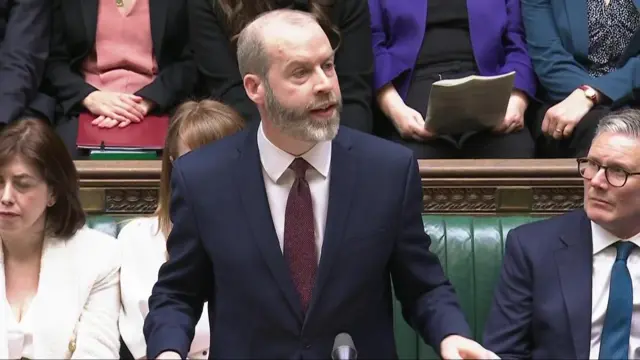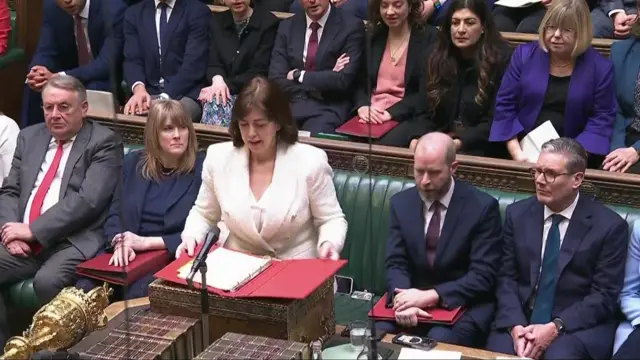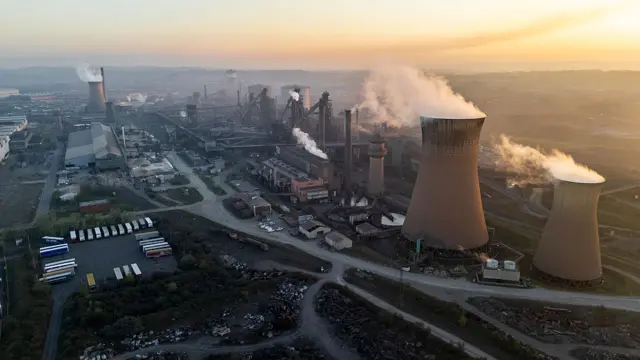Peers convene to discuss government's proposalpublished at 12:59 BST 12 April
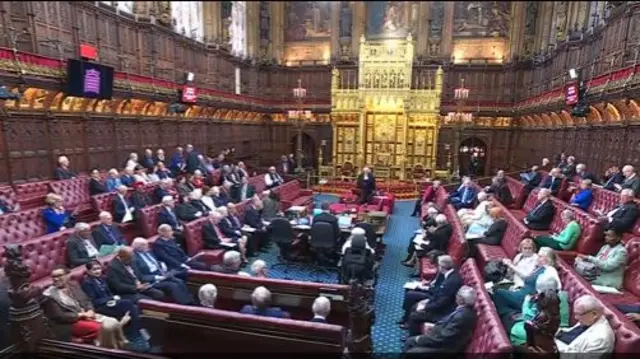 Image source, Parliament TV
Image source, Parliament TVAs the debate in the House of Commons continues, peers have also convened in the House of Lords to discuss the government's proposal for the future of British Steel's Scunthorpe site.
Peers are currently considering the motion but they won't be debating it until it has been passed by MPs.
The bill will move to the Lords once the Commons debate has concluded.

